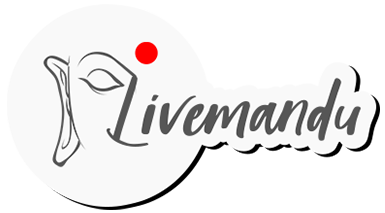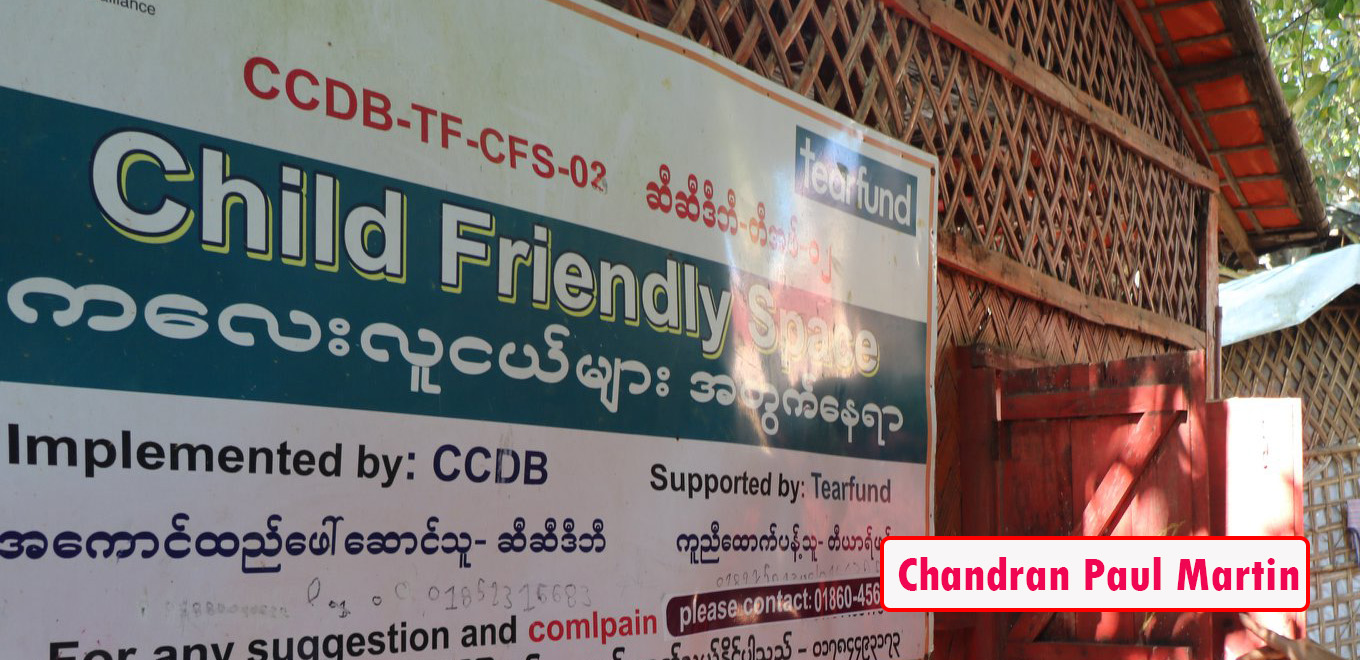
The Kutupalong Rohingya Camp
It was surreal to visit the Kutupalong, Balukhali Rohingya Refugee complex in Cox Bazar, the largest refugee camp in the world. By April 2019 it was estimated that over 900,000 had reached the District, displaced from the Rakhine State of Myanmar in the aftermath of the ethnic cleansing agenda and in November 2019 the numbers have increased.It’s been more than two years in the camps for most of them. Now they carry a ne犀利士
w political identity-Forcefully Displaced Myanmar Nationals (FDMN). They still have not been accorded the identity “Refugee” as yet. It seems it would either take time, or never accorded until political negotiations and diplomatic dialogues are completed between the host nation-Bangladesh, home Nation-Myanmar, lobbying by other nation states and the United Nations instruments.
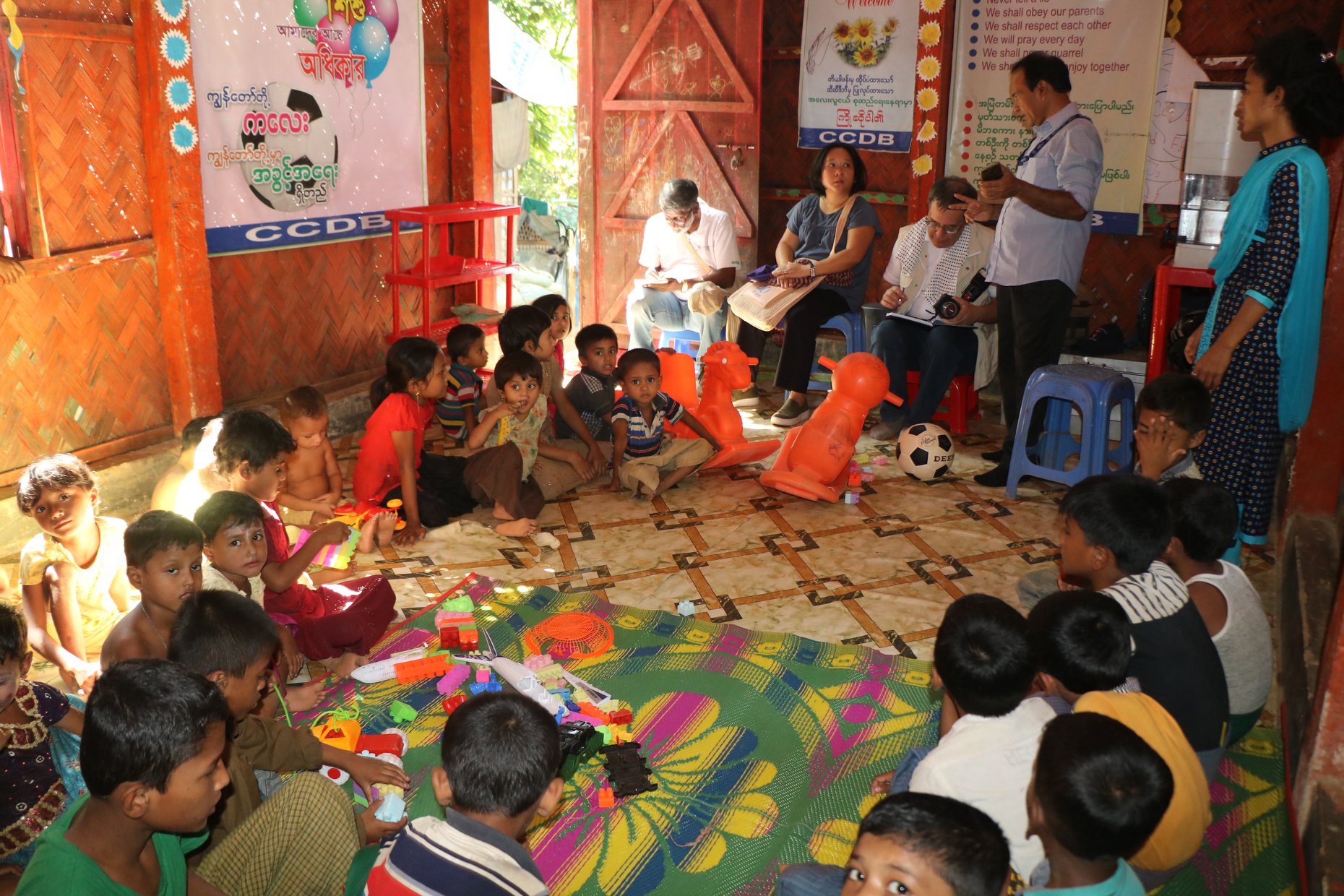
The Camp looks more organized with payments (some stretches still being completed and some repaired) bamboo matted walls, water sources (with water purifiers), toilets, bathing spaces, solar lighting, LPG gas, etc. It gives a bit more settled look and feel than my previous visit two years ago! Some have begun to express their entrepreneurship by starting small businesses inside the camp, and a few on the margins. At permissible levels, they even engage in livelihood activities.

The challenges to the UNHCR and the other UN agencies continue to be Food security and assistance, Protection and Accountability, Nutrition, Livelihoods, WASH/ Health, Energy, dealing with Gender based violence, child protection and protection/security as critical issues.

ELCA implementing partner through the ACT Alliance Appeal, CCDB (Christian Commission for Development in Bangladesh (CCDB) continues to be present and engaged. Through their Rohingya Response Project in two unions- Rajapalong & Palongkhali, their current activities in the camps include Protection, distribution of Non-Food Items, engaged in WASH (Water, Sanitation and Hygiene), Disaster Risk Reduction and Livelihood. One of the marked differences after two years is the inclusion and work among the Host Community in the area in most activities, particularly the livelihood component. Among other things, we also visited the Child Friendly Space (CFS), its management and the way its run. This activity and the space, is a sanctuary for the children who spend time the whole day, protected from potential abuse, violence, and also with the possibilities of learning and enjoying time with other children. Another cutting-edge activity of CCDB in the WASH component is the Hygiene promotion sessions among communities, tube well installations, construction of bathing space, toilet installations, toilet desludging and faecal sludge management (FSM), with a strong Gender focus.
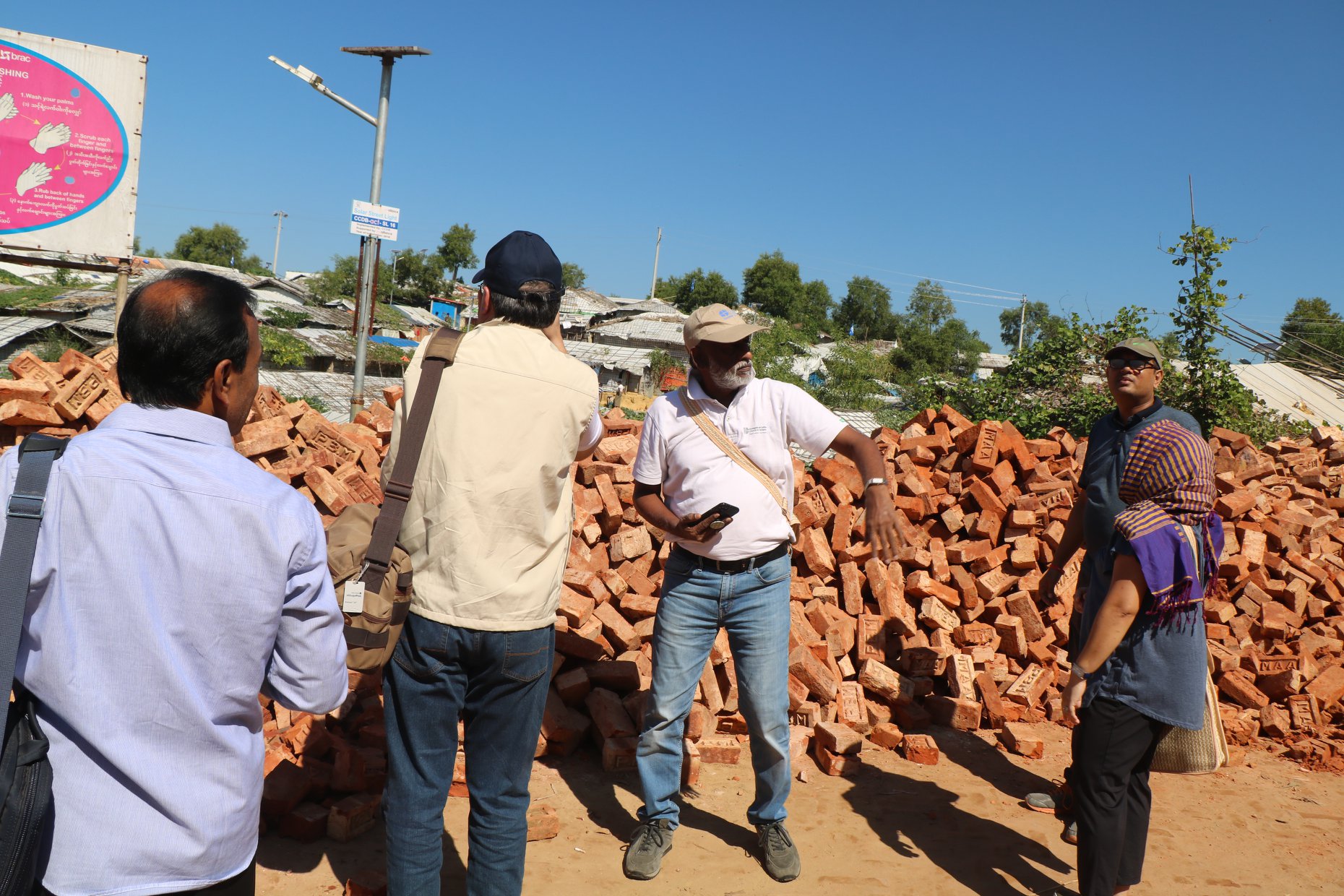
Being considered a stateless ethnic group, they will continue to be a ‘people’ without legitimate identity, without political representation for the sake of advocacy in their own country. What the communities still hope for is to return home!! Will they welcomed back!What will work: repatriation, re-settlement, rehabilitation, or what!! The anxieties, the fears and uncertainties continue, and we look for strategic responses to the human predicament in the Camps!
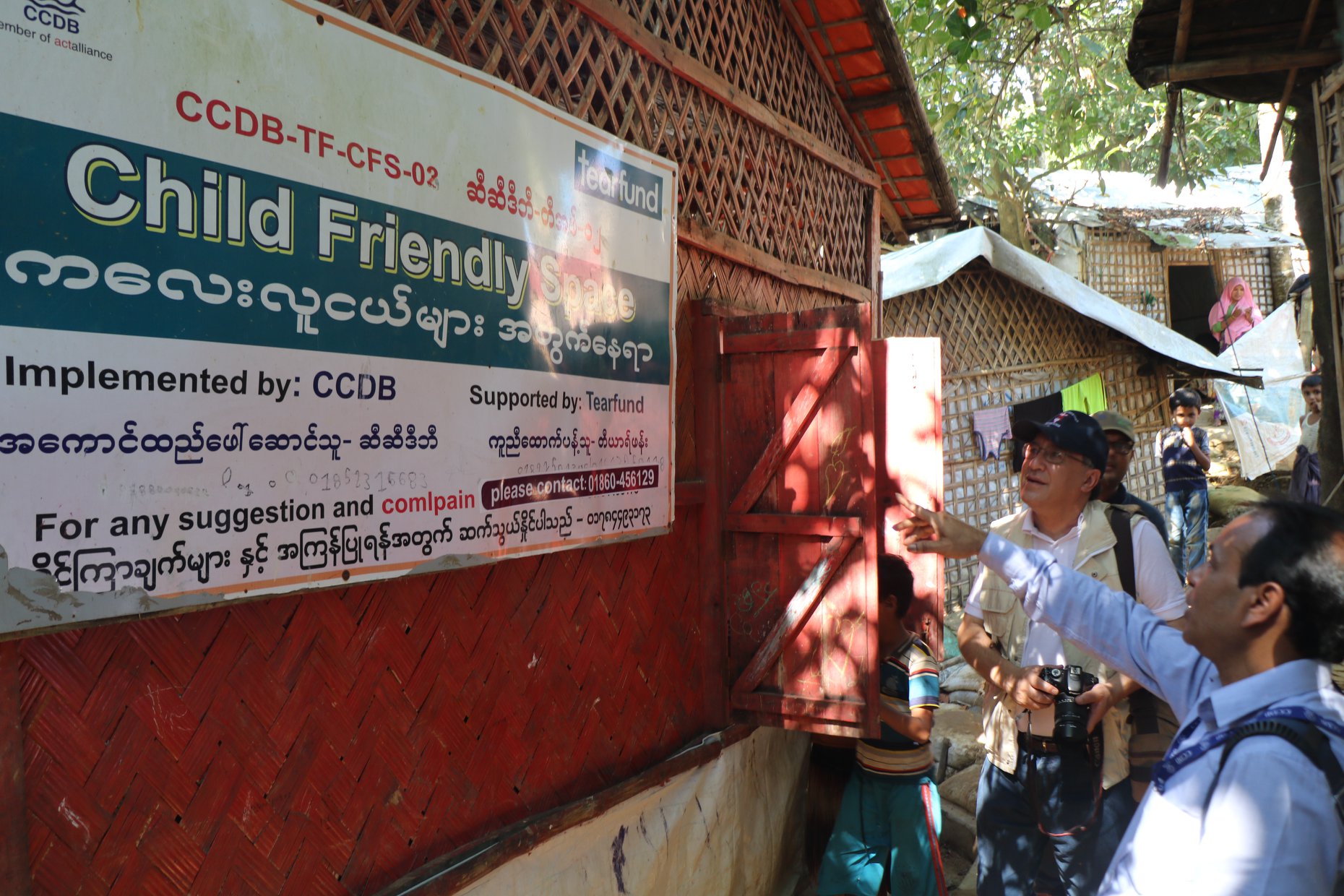

With your prayers and support the ELCA continues to be engaged for transformation, advocacy and seeking policy changes!
#ILOVEMYJOB#ELCA#GODSWORKOURHANDS#WEAREELCA#ROHINGYARESPONSESTRATEGY#LUTHERANDISASTERRESPONSE#LIFEAFFIRMING#LIFETRANSFORMING#ADVOCACY#

